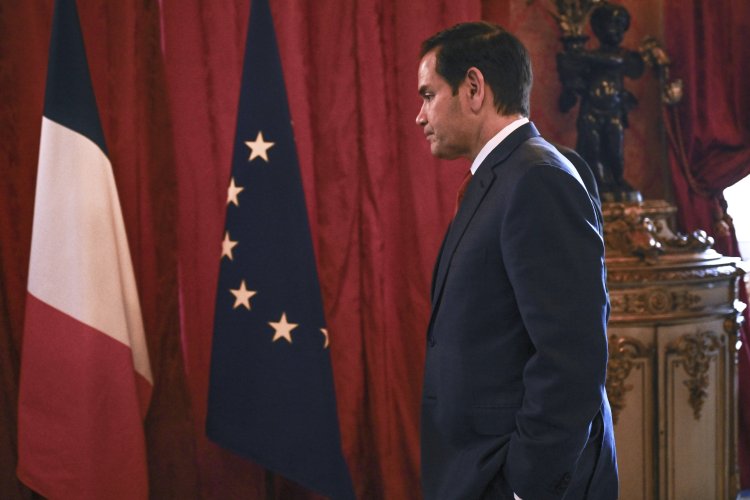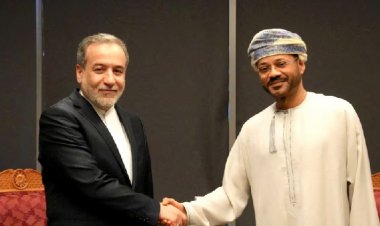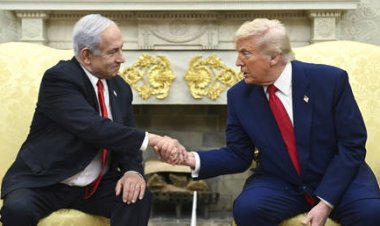'Completely Unhinged': U.S. diplomats rattled by news of potential reductions
An alleged executive order proposes significant reductions in State Department offices and bureaus, along with a complete reworking of the diplomatic posting system.

Secretary of State Marco Rubio labeled the reports regarding the document as “fake news.” However, the anxiety reflected deep apprehension among many regarding the Trump administration's efforts to transform the State Department under the guise of an efficiency initiative.
The document allegedly proposes the elimination of numerous traditional State Department offices and an overhaul of Foreign Service postings. Proposed changes include the dissolution of the regional bureau focused on Africa and a reduction of the U.S. diplomatic footprint in Canada.
PMG has obtained the document, and while two current officials and one former official confirmed it has been disseminated within the department, they could not verify the draft’s origin, timing, or its relation to the Trump administration’s eventual reorganization strategy.
A spokesperson for the State Department referred to the draft as “a fake document.”
The administration is expected to unveil its reorganization plans as early as Tuesday, with notifications to the Department anticipated, according to two U.S. officials.
The rapid dissemination of the document among diplomats over the weekend—regardless of its authenticity—highlights the heightened anxiety among State Department officials regarding their agency's future amidst the Trump administration’s efforts to drastically reduce government bureaucracy.
Diplomats who shared the draft expressed confusion about the rationale behind it. One U.S. diplomat described the draft to PMG as “bonkers crazypants,” adding, “There’s a lot that could be reformed, but you could give infinite monkeys infinite typewriters, and they would come up with something better than that.”
Indicators suggest that the document may not represent the final reorganization plan for the State Department. It does not adhere to the conventional format of an executive order, even from President Donald Trump, and several elements appear to contravene or weaken laws governing the State Department's operations. Additionally, it lacks consistency with other communications sent to Congress regarding further administrative changes, such as plans for the U.S. Agency for International Development.
The Trump administration has been clear about its objectives for the State Department. PMG reported last week that the administration is considering a proposal to ask Congress to reduce the budgets of the State Department and USAID by nearly half, bringing it down to $28.4 billion.
The document reportedly suggests dissolving regional bureaus in favor of four new diplomatic “corps” focusing on Eurasia, the Middle East, Latin America, and the Indo-Pacific.
Some of the more alarming changes suggested in the purported order concern the U.S. approach to Africa. If implemented, much of the State Department's work in the region would shift to the White House, and all “non-essential embassies and consulates in sub-Saharan Africa” would be closed by October 1, 2025. A Special Envoy for African Affairs would report directly to the National Security Council, replacing the existing African Affairs bureau.
Furthermore, the U.S. would significantly decrease the number of diplomats dedicated to managing relations with Canada, including the operations of the U.S. Embassy in Ottawa, which would be staffed by a specialized team of fewer than 20 to assist the chief diplomat there.
Both proposals could disrupt routine services for Americans abroad in those regions, such as assisting travelers with lost passports or registering births, yet the plan does not specify how these issues would be addressed.
Additionally, the purported order seeks to entirely eliminate the Policy Planning bureau, historically a powerful part of both Republican and Democratic State Departments, along with the bureau for conflict stability operations and the bureau for democracy, human rights, and labor.
Lucas Dupont for TROIB News












